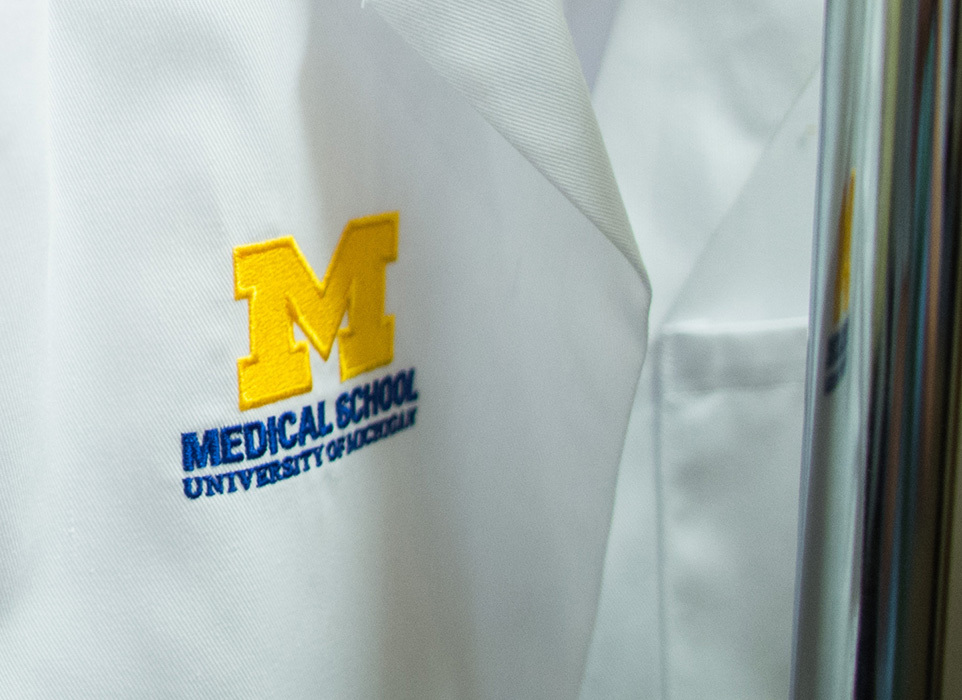Showing 1-15 of 271 results

Felix E Moore Collegiate Professor of Biostatistics
Professor of Biostatistics
Professor of Computational Medicine and Bioinformatics
Professor of Biostatistics
Professor of Computational Medicine and Bioinformatics

MS Dual Student, Computational Medicine & Bioinformatics
PhD Student, Cell & Developmental Biology | Spence Lab
PhD Student, Cell & Developmental Biology | Spence Lab

PhD Student

AMDP Student

Michael Savageau Collegiate Professor
Chair, Department of Computational Medicine and Bioinformatics
Professor of Computational Medicine and Bioinformatics
Professor of Psychiatry
Chair, Department of Computational Medicine and Bioinformatics
Professor of Computational Medicine and Bioinformatics
Professor of Psychiatry

Professor of Computational Medicine and Bioinformatics

PhD Student

AMDP Student

Professor of Biostatistics
Professor of Computational Medicine and Bioinformatics
Professor of Computational Medicine and Bioinformatics

PhD Student

PhD Student

MS Dual Student, Computational Medicine & Bioinformatics
PhD Student, Ecology & Evolutionary Biology
PhD Student, Ecology & Evolutionary Biology

MS Student

PhD Student

Postdoctoral Fellow